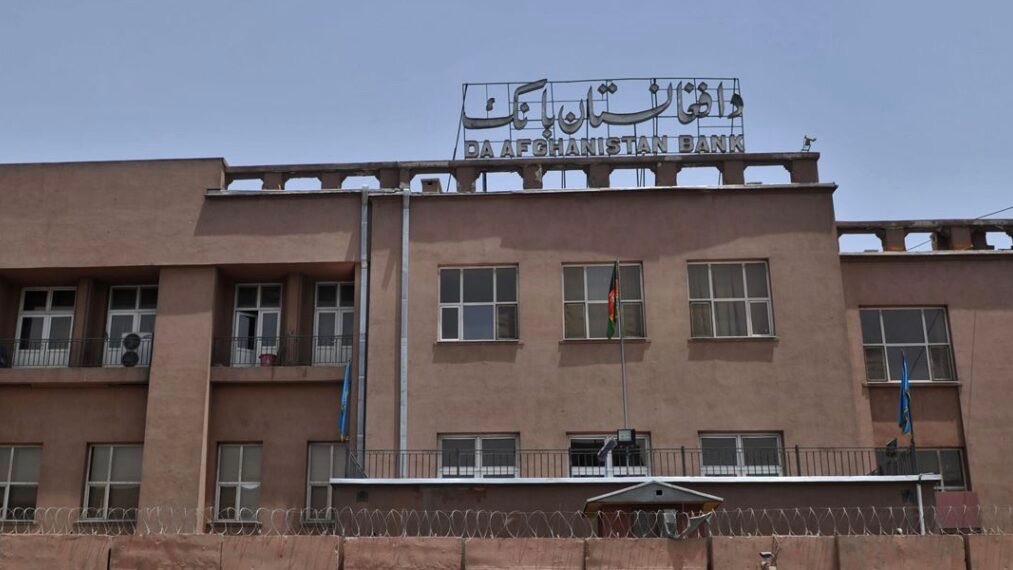On Tuesday, February 21, a US district judge ruled out any possibility that the US government was entitled to seize USD 3.5 billion of assets belonging to Afghanistan’s central bank (Da Afghanistan Bank, DAB).
In his ruling, Southern District Judge of New York George Daniels noted that the federal courts lacked the jurisdiction to seize funds from Afghanistan’s central bank.
“The judgment creditors are entitled to collect on their default judgments and be made whole for the worst terrorist attack in our nation’s history, but they cannot do so with the funds of the central bank of Afghanistan,” Daniels wrote in his 30-page judgment in Manhattan.
The court’s ruling suggested that allowing for the seizure of the assets was unfair as what was seized belonged to the former government of Afghanistan and the people of Afghanistan. Moreover, allowing the assets to be seized would amount to ruling that the Taliban was Afghanistan’s legitimate government.
“The Taliban—not the former Islamic Republic of Afghanistan or the Afghan people—must pay for the Taliban’s liability in the 9/11 attacks,” said the ruling.
The ruling is a defeat for groups that had claimed part of the DAB assets frozen by the US Federal Reserve Bank since the Taliban took over in Afghanistan by toppling the previous government on August 15, 2021.
In February, 2022, the US administration led by President Joe Biden claimed that it would equally split the USD 7 billion worth of DAB’s frozen assets between the families of 9/11 victims and the Afghan people.
The lawyers pursuing the compensation had argued that even though the Taliban was not directly involved in the attack, it had enabled extremist al-Qaeda to carry out the attack by allowing them to operate from within territory it controlled.
“The fundamental conclusion… is that neither the Taliban nor the Judgment Creditors are entitled to raid the coffers of the state of Afghanistan to pay the Taliban’s debts,” the ruling added.
While responding to the ruling, Lee Wolosky, a lawyer for one of the creditor group—Havlish plaintiffs—called it “wrongly decided” and said that the group would appeal: “This decision deprives over 10,000 members of the 9/11 community of their right to collect compensation from the Taliban.”





